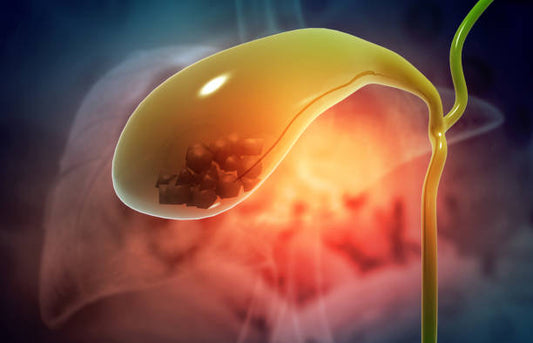Alcohol serves as a common ingredient in various consumer products, ranging from cosmetics and personal care items to household cleaners and pharmaceuticals. While alcohol can impart specific benefits to these products, its presence may also raise questions regarding safety, effectiveness, and potential side effects. In this exploration, we'll delve into the diverse uses of alcohol in products, its different forms, and considerations for consumers.
Unveiling the Types and Uses of Alcohol in Products
1. Ethanol (Ethyl Alcohol): Ethanol, derived from fermentation or synthetic processes, serves as a solvent, preservative, and antimicrobial agent in numerous products, including hand sanitizers, mouthwashes, perfumes, and aftershaves.
2. Isopropyl Alcohol (Isopropanol): Isopropyl alcohol, commonly used as a disinfectant, solvent, and antiseptic, finds applications in cleaning products, pharmaceutical preparations, and topical solutions for disinfection and sterilization.
3. Fatty Alcohols: Fatty alcohols, derived from natural sources such as coconut or palm oil, are utilized as emollients, thickeners, and moisturizers in skincare products, hair conditioners, and lotions to impart hydration and improve texture.
Potential Effects and Considerations for Consumers
1. Skin Sensitivity: Some individuals may experience skin irritation or dryness when exposed to products containing high concentrations of alcohol, particularly those with sensitive or dry skin. Opting for alcohol-free or low-alcohol formulations may be preferable for such individuals.
2. Evaporation and Drying Effect: Alcohol's rapid evaporation rate can contribute to a cooling sensation upon application, making it a popular ingredient in products like aftershaves, toners, and setting sprays. However, excessive use of alcohol-based products may strip the skin of natural oils, leading to dryness or discomfort.
3. Antimicrobial Properties: Alcohol's antimicrobial properties make it an effective agent for disinfection and sanitation in products such as hand sanitizers, surface cleaners, and oral care solutions. When used appropriately, alcohol-based formulations can help reduce the spread of harmful pathogens and maintain hygiene.
Navigating Product Labels and Making Informed Choices
1. Ingredient Lists:
- Consumers are encouraged to review product labels and ingredient lists to identify the presence and concentration of alcohol in various formulations. Understanding the role of alcohol in specific products can aid in making informed purchasing decisions.
2. Patch Testing:
- Individuals with sensitive skin or allergies to certain alcohols may benefit from conducting patch tests before widespread use of alcohol-containing products. This can help assess compatibility and minimize the risk of adverse reactions.
3. Consultation with Healthcare Professionals:
- In cases where individuals have specific health concerns or sensitivities, consulting with dermatologists, pharmacists, or healthcare providers can provide personalized guidance on product selection and usage, ensuring optimal safety and efficacy.
Conclusion: Balancing Benefits and Considerations
While alcohol serves diverse functions in consumer products, its inclusion necessitates careful consideration of potential effects and individual preferences. By understanding the types, uses, and implications of alcohol in various formulations, consumers can navigate product choices effectively, prioritize skin health, and make informed decisions aligned with their needs and preferences.
Author: Nikita Vishnoi BCA












